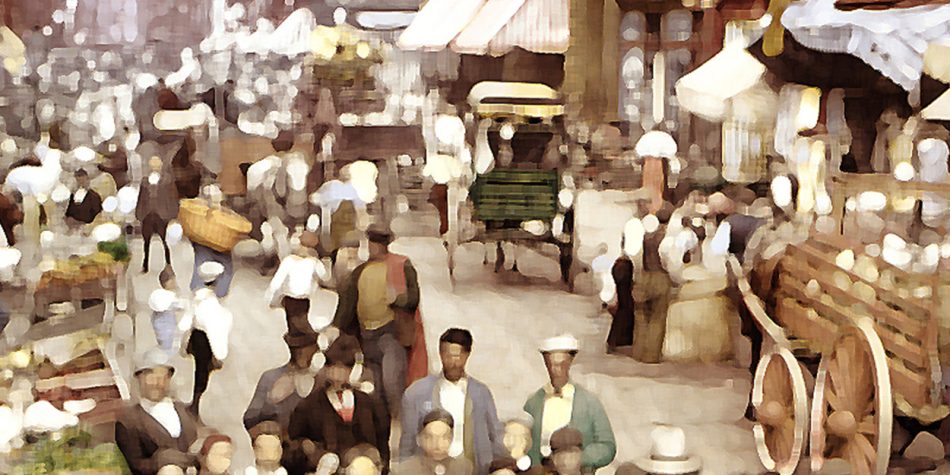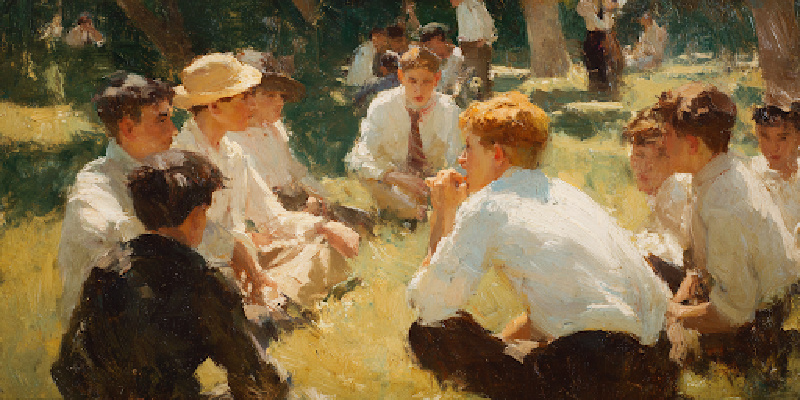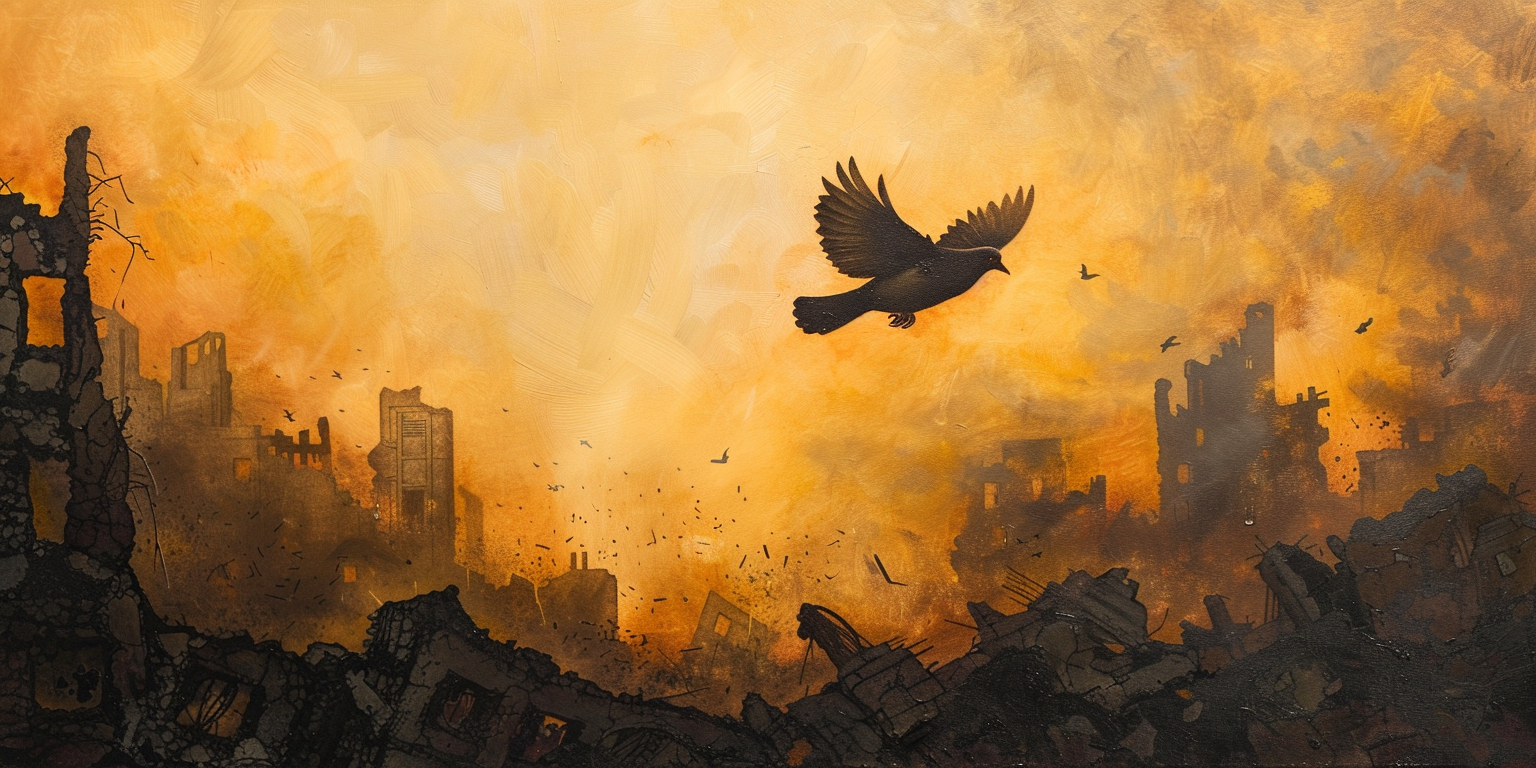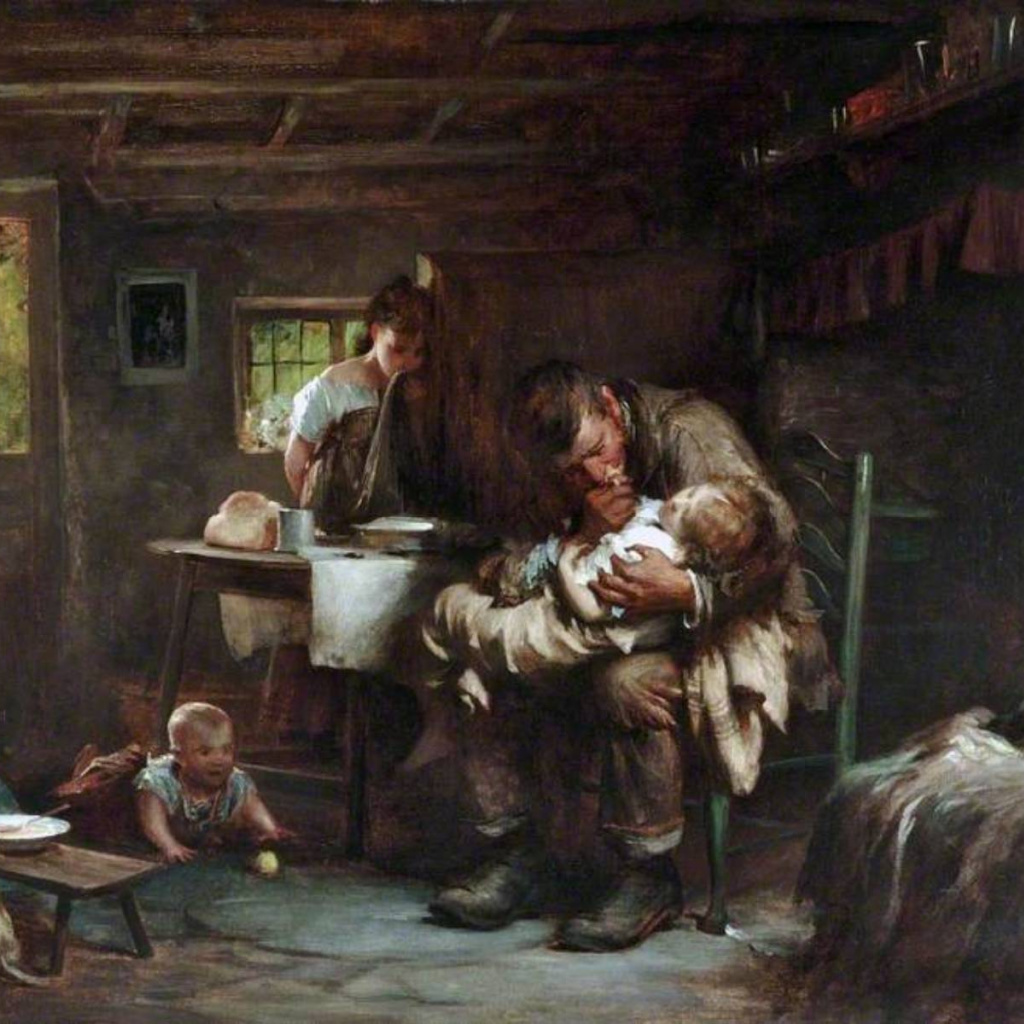People targeted and victimized by terrorists because of their cultural or religious beliefs. Immigrants casting about to find a place of refuge beyond the boundaries of a hostile homeland. “Undesirables” unlikely to assimilate. Families divided by incarceration or death.
It’s our story. It’s an American story.
The Church of Jesus Christ of Latter-day Saints is more than a little familiar with hostile immigration laws and policies. Early saints were refused government protections and had to escape their homeland to settle in the far reaches of the world they knew. The Church, meanwhile, was one of the earliest targets of exclusionary immigration laws, in reaction to the large number of English Saints immigrating to Utah.
Utah still has the highest percentage of English descendants of any state in the Union. And the residue of America’s fearful reaction to this early influx of immigrants is evident even today. Indeed, prospective immigrants in 2019 are still required to disclose whether they are coming to the U.S. to practice polygamy.
In a 2017 Supreme Court amicus brief, a group of Latter-day Saint scholars observed that “Throughout the 19th century, many Americans viewed Mormons as dangerous outsiders because of their religious faith.” This history of government persecution, the scholars continued, “demonstrates the ease with which exaggerated fears of religious minorities regarded as different can be translated into unconstitutional government policies.”
The Book of Mormon itself is the story of a family coming uninvited to a new world in order to pursue their faith and save their family, led by a patriarch who, having given up all in the name of faith, “dwelt in a tent.” As a result of this unique heritage, Latter-day Saints bring a valuable perspective tailored toward active participation in the national debate on immigration issues.
Some issues are so intertwined with faith commitments that their religious principles serve as a lens through which such issues are viewed
While membership in any faith community rarely should mandate specific political positions, some issues are so intertwined with faith commitments that their religious principles serve as a lens through which such issues are viewed. While disagreements on details will undoubtedly remain, there are also baseline principles on which people of faith might find greater unity. When it comes to Latter-day Saints, this might include:
Respect for the Rule of Law.
Particularly after Utah’s admission to the United States, Latter-day Saints have come to be known for their patriotism and respect for the Constitution and laws of the land. This principle is quite literally an article of Faith. Consequently, most members of the Church recognize a nation’s right to control its borders and implement laws regarding who can enter and for how long. They also welcome a nation that might rightly be called a house of order. What the laws should look like is a matter of reasonable debate, but the existence and reasonable enforcement of such laws should not be inherently offensive to us.
Compassion.
Our religion calls us to show compassion. Such were Christ’s teachings. We are a Church of wayfaring strangers. We have suffered from bigotry, intolerance, and state-sponsored persecution. If we deny basic compassion towards today’s political, ethnic, or religious refugees, we have either forgotten our history or we have embraced hypocrisy. Neither is noble. President Russell M. Nelson, president of The Church of Jesus Christ of Latter-day Saints, reported in his most recent worldwide General Conference address: “In the year 2018 alone, the Church provided emergency supplies to refugees in 56 countries.” On this issue, Latter-day Saints should be energized ambassadors of the second great commandment.
We are a Church of wayfaring strangers.
Respect for Families.
The sight of detained children separated from their parents has been painful for many to witness. For Latter-day Saints, these scenes might well invoke the memory of Joseph Smith’s children being torn from his side as he was dragged off to Liberty Jail. The Church considers the sanctity of the family sufficiently important to warrant a solemn and prophetic proclamation to the world. Latter-day Saints, then, should not hesitate to add their voices to those insisting that—whatever our immigration laws and policies look like—they should prioritize keeping families safely united. As we head to temples to participate in sealing ceremonies to unite families for eternity we must not shrug our shoulders as they’re divided at the border. There are of course bad actors who now take children who are not their own to the border in an effort to receive priority in crossing. Such actions, when done with nefarious intent, cannot be condoned, even as we continue efforts to keep real families together.
I find these values reflected in thoughtful statements from the Church on immigration-related issues in which they have often pushed back on anti-immigrant sentiments. I find these principles reflected in the 2010 Utah Compact, which brought together stakeholders from politics, business, law enforcement, and religious and community groups. At the time, the New York Times even praised the effort as “a statement of principles meant to address, with moderation and civility, ‘the complex challenges associated with a broken national immigration system.’” What a welcome contrast, they wrote, with “the xenophobic radicalism” too often encountered elswhere.
So perhaps it shouldn’t surprise anyone that members of a faith community so likely to identify as Republican are also so often pro-immigration. In a recent New York Times opinion piece announcing “The reddest faith in America is also the one most skeptical of Donald Trump,” Timothy Egan underscored the degree to which Latter-day Saints oppose “anti-immigrant cruelties.”
Senior leadership of the Church of Jesus Christ have also recognized and made clear that our history as a people, our history as Americans, must inform where we stand when government policies run afoul of our most fundamental values. History may not repeat itself, but the echoes of past events still reverberate. In the case of immigration policy, Latter-day Saints can look at those adversely affected and see in their faces the suffering of our predecessors. As a people that has survived persecution and has arrived at a position of relative prosperity, we need to insist that current laws and practices don’t perpetuate the errors that spilled the blood of our own martyrs.

















